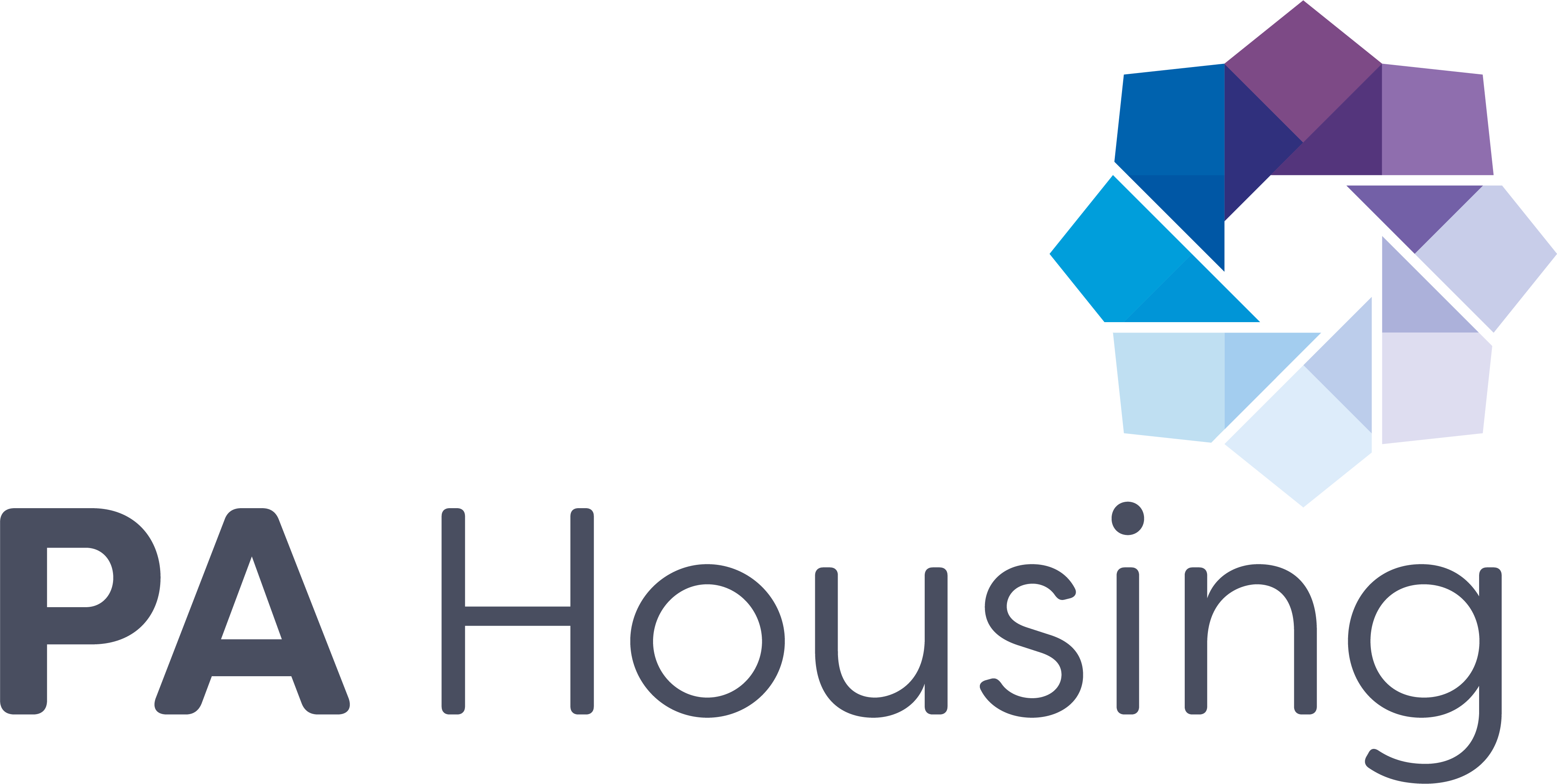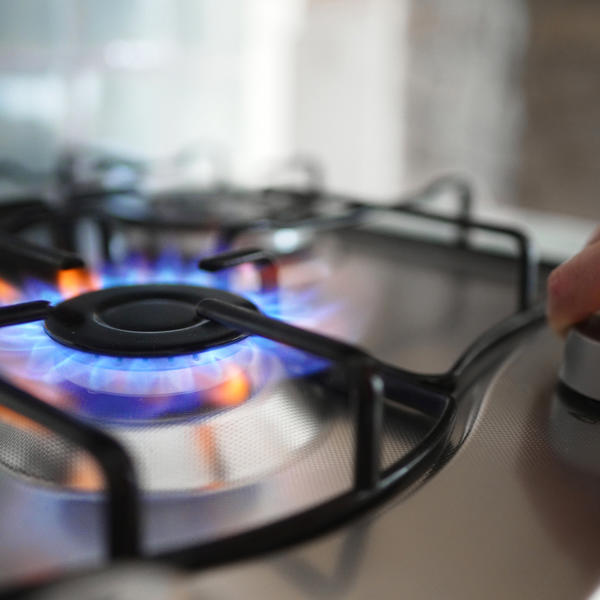
Annual gas safety inspections
Every year, people die in their own homes because of gas leaks and the fires they can cause. And it’s not only fire, unserviced gas appliances can leak carbon monoxide – it doesn’t smell, and you can’t see it, but it can kill you. That’s why we service your gas appliances each year – to keep you and your family safe.
Read our Gas Safety policyCompleting your annual gas safety check is vitally important, and you could be putting yourself and others at risk by not allowing us access. The check needs to be completed even if you don't use your gas supply. Making sure your appliances are working and running correctly could also make your utility bills cheaper in the long run, so it’s not just about keeping you safe, it could save you money too.
You don’t need to do anything other than let us in and if you’re on a pre-payment meter, make sure that you have some credit showing. We’ll do the rest, and it should only take our operative 45 minutes to complete. If you receive an appointment letter, you must allow us access. If – for any reason – you can't make the appointment, please get in touch. We'll happily re-arrange it for you.
What do I do if I have a boiler problem?
If we are responsible for the repair you can report you repair to us as normal. Give us a call on 0300 123 2221 or by using My PA and we'll arrange for one of our contractors to visit your home.
- Midlands - Sureserve (Formerly Aaron Services)
- London and the South East - K&T Heating
Please do not contact our contractors directly.
What do I do if I smell gas?
If you smell gas in your home, open as many windows as possible to allow air to flow through.
Then call the National Gas Emergency Service number on 0800 111 999 immediately.
It operates 24 hours a day, 7 days a week and is free to call.
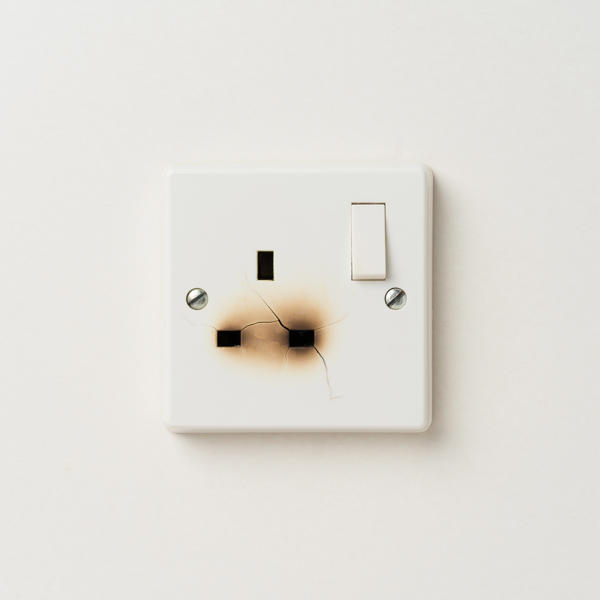
Electrical safety inspections
Electricity. We use it from the moment we wake up and perhaps more than we realise throughout the day. It's so commonplace, it's easy to forget how potentially deadly electricity can be if we don't take electrical safety seriously. It's essential to get to grips with electrical safety around the home and book your safety check with us when we contact you. We carry out electrical safety checks on your homes every 5 years.
Read our Electrical Safety policyElectrical safety is all about being aware of the potential dangers around the home and knowing what to look out for, avoid, and change. Unfortunately, around 30 deaths and thousands of injuries are caused by domestic electrical accidents every year.
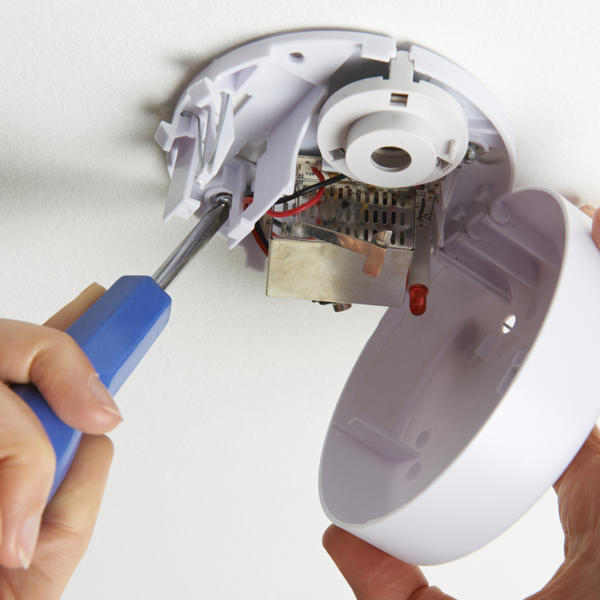
Preventing fire
Most fires in blocks of flats start within the individual flats themselves. Electrical faults from overloaded sockets are the main cause. Cigarettes are another major problem. Fires can start when they’re not put out properly, or when someone smoking out of a window throws the butt away and it falls through a neighbour's open window below. Chip and frying pans are particularly dangerous when someone forgets to turn off the hob, so are fragranced candles when they’re left unattended.
Read our Fire Safety policyFire safety in communal areas
As your landlord, we have a legal duty to arrange for a fire risk assessment to be carried out on the communal areas of your building, and for it to be kept under review. But there are a few things you can do to help:
- Understand the fire strategy for your home. For example, if you should stay put within your home or evacuate the block. If you live in a block, the Fire strategy should be clearly displayed in the communal area.
- Don’t obstruct the communal areas such as the stairs, corridors, and landings with personal items or things that can set fire easily. These areas often form the fire escape route for the block.
- Don’t prop open fire doors in communal areas.
- If you see anything in the communal areas that doesn’t belong there, please tell us so we can arrange removal.
- Please make sure that you put all rubbish in the bins provided – don’t leave it lying around in the refuse area as this can easily be set on fire.
Preventing fires in your flat
The best protection from fire is prevention. Remember, most fires in blocks of flats start within the flats themselves, not in the communal areas. Smoke detectors are the most effective way of preventing fires. They also give vital early warnings and provide extra time to escape in the event of one breaking out. You should check your smoke detector weekly to see if it’s working.
It’s important to check the doors in your flat are in good condition and that they shut properly. Never remove internal doors or wedge them open. Make sure they’re closed at night, and that you know where the keys are kept for the main door. As a landlord of several hundred purpose-built blocks of flats, it's impossible to check all doors every day. Therefore, it's important that people who visit, live, or work within one of our blocks raise issues with faulty or damaged fire doors. This will help us to keep everyone safe.
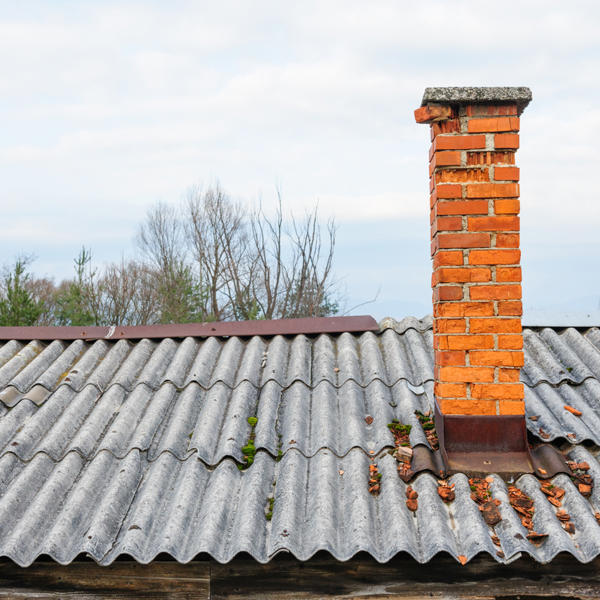
Asbestos Safety
Part of keeping our customers safe is holding a record of any areas of our homes that contain asbestos. We also carry out asbestos surveys ahead of any refurbishment work such as a kitchen or bathroom renewal. Asbestos in the home is not a problem as long as it isn’t disturbed and is in good condition. It only becomes a problem when it's damaged or is disturbed. For example, by drilling or sanding. This material was used in construction because of its strength and fire rating properties. If it’s encapsulated, painted, sealed, or is inaccessible, it's perfectly safe.
Read our Asbestos policyNo. Asbestos is only a risk to health if it's in poor condition, broken, or if you're actually working on it. It's like live electricity – a constant presence and quite safe until tampered with.
If the sheeting is not damaged, there's no danger from the asbestos contained within it.
Based on the information you can find online, we would advise that you do not carry out DIY to any item if you think it may contain asbestos. Please contact us first to confirm.
If part of your home if damaged, that might contain asbestos(such as a bath panel, rainwater pipe, etc.). We'll either arrange for the item to be inspected to check whether there’s a risk and/or replace the item appropriately.
No, Replacement materials used by ourselves and our contractors will not contain asbestos.
If asbestos is not damaged or disturbed, the safest thing to do is to leave it where it is. If there's some damaged asbestos in your home, we'll immediately assess the risk and then decide the best course of action to deal with it to make sure your family is not exposed to any potential risk.
No, we believe that like the majority of buildings built before 1990, most of our buildings will contain asbestos. Therefore, there would be no point in moving you to another property which is also likely to contain asbestos.
Would you like to know more?
You can find out more about how we manage your repairs, including which repairs are your responsibility by reading our Maintenance Policy.
